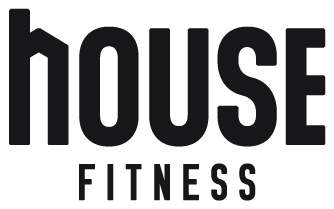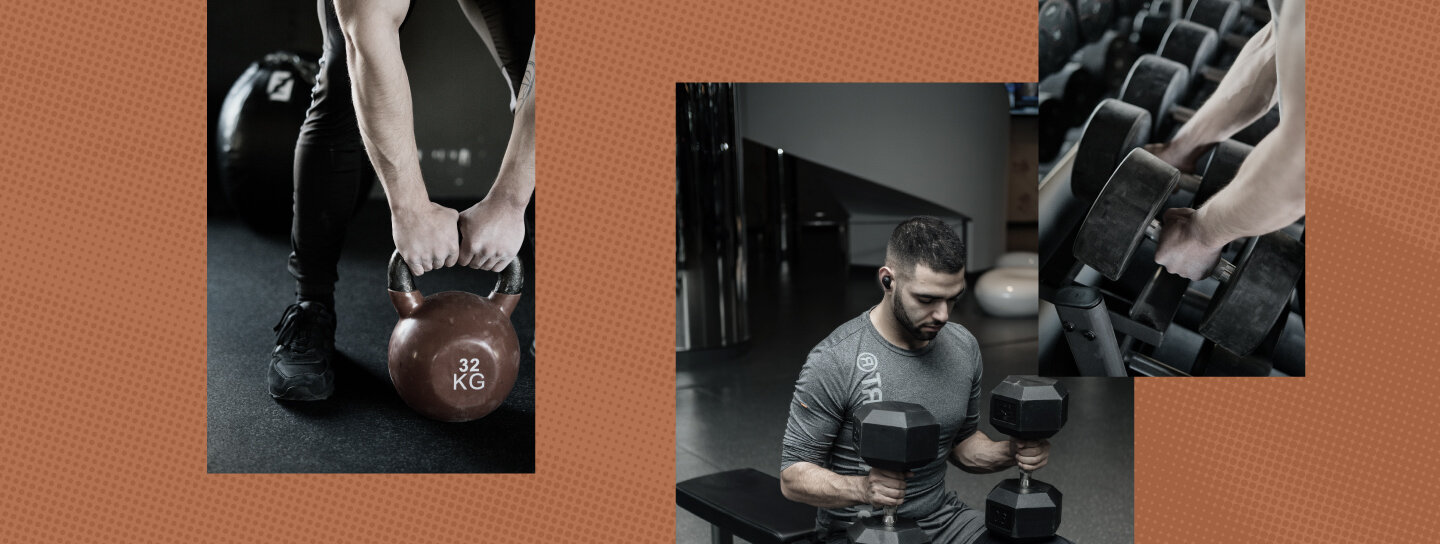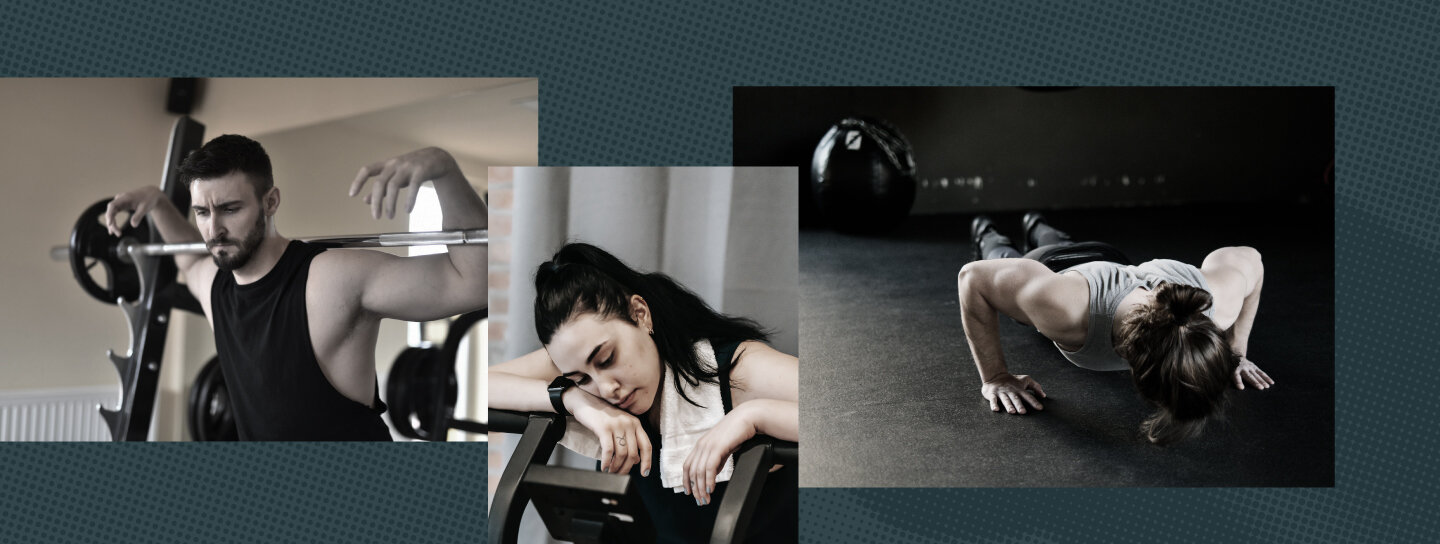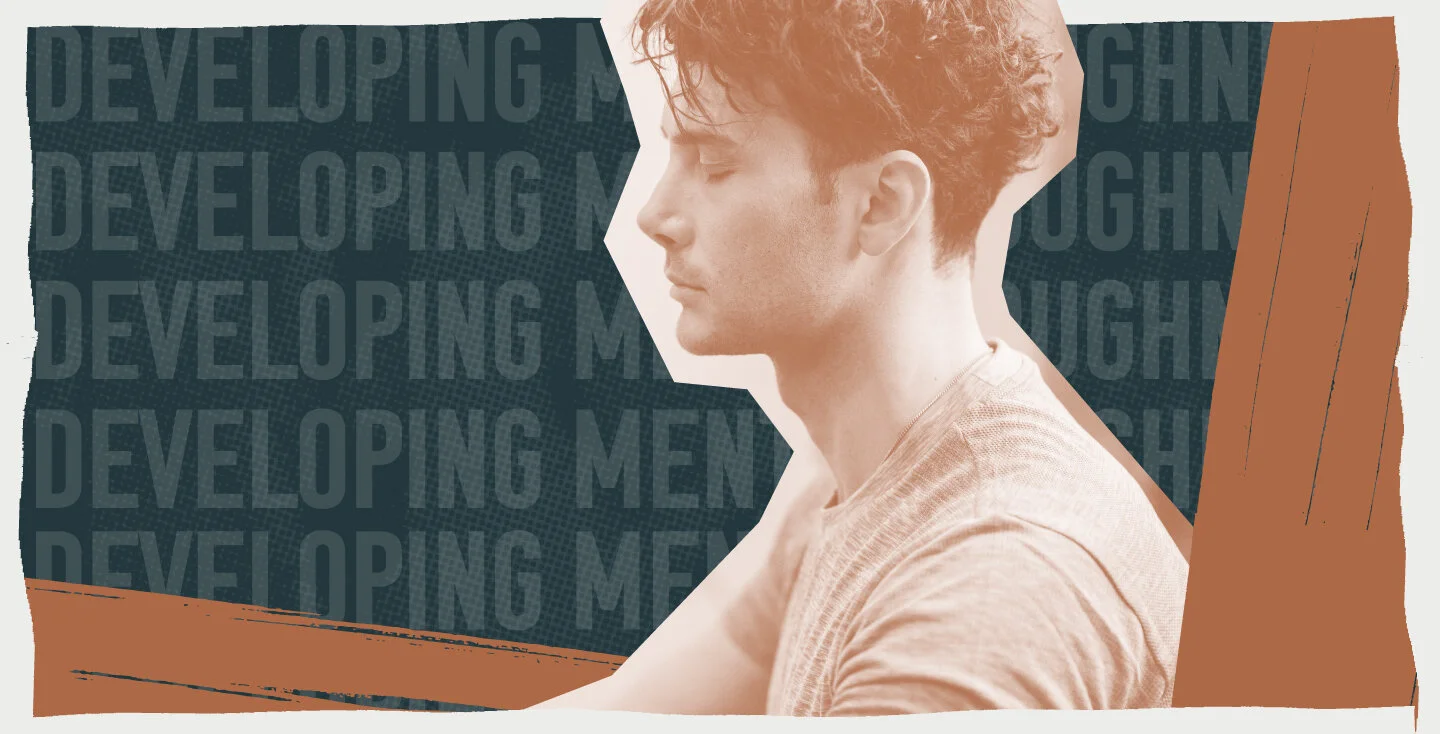So You Think You’ve Hit a Fitness Plateau?
JULY 6, 2021
So You Think You’ve Hit a Fitness Plateau?
Here's why you haven't.
By House Fitness
When there is a lag or a lull in our training progress, we’re quick to label these periods of stagnation as fitness plateaus. These periods of time can last for days, weeks, months, or in some cases, even years.
Experiencing a ‘fitness plateau’ can indicate a lack of focus or clarity in our fitness direction, unrealistic expectations, boredom, a negative or self-limiting mindset, or an improperly structured training program.
But, What if I Told You That Fitness Plateaus Don’t Exist At All?
Believe it or not, fitness plateaus are fitting us into a box. We’re casting a big net on what we can set out to achieve.
When we say ‘fitness plateaus,’ what we’re really saying is that our progress is “too slow.” And why do we think our progress is too slow? By comparing ourselves to others.
Whatever our goals might be, there are countless ways that we can go about reaching them. When we use the progress we see others making as the markers for our own fitness journey, we can believe that we’ve stagnated or hit a plateau.
The thing is,
there are so many different factors that impact the rate at which we see progress in our training and fitness. Factors like age, sex, the type of training we’re doing, our experience with training, our lifestyle balance, nutrition, genes, recovery modalities — even our personality and mentality — all play into how quickly we will see results.
On top of all this, we’re impatient. It’s in our DNA. We strive for progress. We crave results. In our minds, these are the indicators that validate that we’re succeeding. And when we’re not “succeeding,” we think we’re failing.
But this is not true.
Fitness plateaus are in our minds, not our bodies. Nothing is blocking us from reaching our goals. No outside force is influencing us. Everything we need is within us and it is pivotal that we shift our mindsets to not be held back by ourselves.
The Culprits of Your Faux Plateau (& How to Combat Them)
So how do we recognize when our mindset has hit a wall and we believe we’re experiencing a fitness plateau? Here are some of the most common plateaus we experience in training and the direct action we can take to combat them.
Unrealistic Goals
Having unrealistic goals or expectations can lead you on a downhill trajectory. Thinking, “I’ve plateaued because I didn’t reach my goal on time,” is an indicator that your goal was either unrealistic or not specific enough.
Combat this by…
Understanding and learning what it actually takes for you to get to your goals before you start. Don’t compare yourself to others’ progress. Instead, research the science and data of what is realistically achievable (dependant on variables such as age, weight, fitness level, etc.) or work with a coach to create both short and long-term goals. Manageable goals and realistic expectations are key.
Ineffective Training
Simply put, if the training is ineffective or is targeting a different area than you think you’re targeting, you’re going to stop seeing results and believe you’ve plateaued. If your training regime isn’t structured for continuous improvement, you’re only going to maintain the progress you’ve already made.
Combat this by…
Peeling the layers of your training back. What are you actually spending your time on? How are you getting there? What type of training are you doing? How often are you training? Are you giving yourself enough recovery time? There are many questions you need to be asking yourself but it all comes down to knowledge. If you don’t know why your training isn’t yielding results, you need to do research, learn more about how your body works, and/or work with an experienced trainer.
Inexperience
The great thing about being a beginner is that you’re going to see results much sooner than someone who is experienced and has been training consistently for a long period of time. As a beginner, your body is experiencing a lot of new stimulation and is adjusting quickly to a new lifestyle. This is all great news — except, when our progress naturally starts to slow down, we may think we’re doing something wrong.
Combat this by…
Expanding your understanding and awareness around rates of progression (whether it be for weight loss or muscle building.) It is critical to learn about the different factors at play that will impact your rate of progress (such as sex, diet, consistency, etc.) and learn about the science behind building muscle and losing weight.
Boredom
Are you getting bored of your training regime or getting weighed down by the added stress of having to train at home during a pandemic? Whatever it may be, if you’re not having fun with your training, you’re going to get bored quickly. And when you get bored, you burn out faster, you’re less likely to work hard, and won’t want to work out as often.
Combat this by…
Increasing your consistency and variety in your training regime. Take a close look at how you’ve built your fitness plan. Is it too prescriptive? Or is it too vague? Are you challenging yourself? Do you regularly try new activities or routines?
Lastly, Shift Your Perspective
Feeling like you’ve plateaued is part of the process. It’s actually an indicator. When you feel this way, it’s your mind telling you that something needs to change. This is where you can ask yourself: 1. Are my goals realistic? 2. Is my training routine uninspired? 3. Is my training effective? 4. Do I understand the principles behind why or how I’m training? 5. Am I impatient or comparing myself to others’ progress?
Fitness plateaus are not a given when it comes to your training. You don’t have to hit walls before you make “meaningful” progress. It’s your mindset and knowledge around your training that you need to shift.
If you would like expert guidance in overcoming mindset challenges around fitness plateaus
check out our Online Coaching Program.







